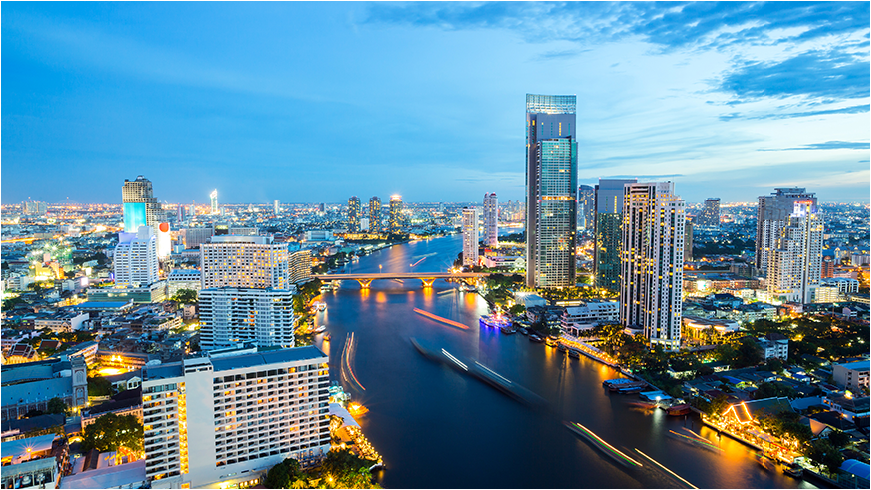Thailand’s industrial property market is projected to experience sustained growth in rental rates for factories and warehouses, though these rates are expected to remain below pre-pandemic levels. However, industrial land sales have emerged as a robust segment, fueled by strong demand from Chinese investors who prefer purchasing land over leasing.
According to Sayarm Tongkrabin, head of industrial estate developer ESR Thailand, the industrial property market showed significant activity in 2023, with industrial land sales leading the way. “Investors from China and Taiwan accounted for the majority, with their preference for land purchases causing many industrial estates to sell out last year,” he noted.
The Board of Investment (BoI) reported a remarkable 35% year-on-year increase in investment applications in Thailand, amounting to 1.13 trillion baht in 2023—the highest figure recorded since 2014. Of this total, foreign direct investment accounted for 800 billion baht, marking a 50% rise. Investors from Singapore, China, Hong Kong, Taiwan, and Japan were the leading contributors.
Kasikorn Securities analyst Sorapong Jakteerungkul highlighted a surge in applications, which grew by 40% to over 3,100, the highest number in BoI history. Notably, he pointed out that many applications under Singapore were linked to Chinese firms utilizing Singapore as a base to qualify for BoI incentives.
Industrial estate developers stand to benefit the most from this trend, driven by booming land sales and rising factory rentals, Sorapong added. However, Sayarm noted that the oversupply of rental factory and warehouse spaces, lingering since before the Covid-19 pandemic, has only recently been depleted. This delay means rental supply will take time to match the growing demand.
Surachet Kongcheep, head of research and consultancy at Cushman & Wakefield Thailand, forecasted rising demand for ready-built factories (RBFs), built-to-suit (BTS) facilities, and warehouses in the coming years. He explained that a shift from RBFs to BTS facilities is expected as industries require more customized spaces.
Small developers, particularly those with ties to Chinese stakeholders, are increasingly active in industrial zones, responding to this tailored demand. Surachet added that while rental rates for RBFs have been recovering since early 2022, they remain below pre-pandemic levels due to high competition and market adjustments.
Meanwhile, Phongphan Phloiphet, director of logistics and industrial at Cushman & Wakefield Thailand, highlighted challenges in areas like Samut Prakan, where industrial density has surged alongside residential developments. He noted that limited expansion of industrial zones has not kept pace with growing demand, creating a potential bottleneck for future development.
While key players continue to dominate, the rise of smaller developers and shifting investor preferences suggest that Thailand’s industrial real estate market is undergoing a transformation shaped by global and regional economic shifts.



